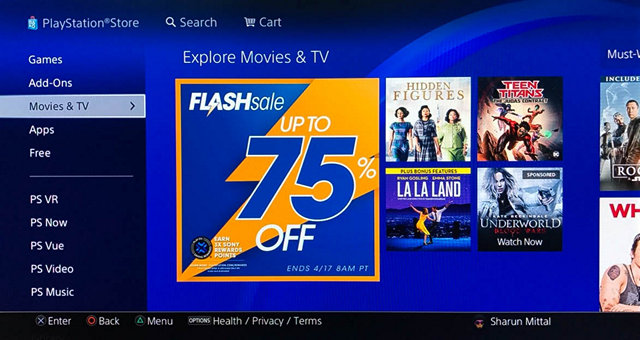Folks, we are in a digital age. This is especially true in our media. More and more we are phasing out the physical and putting everything online. From the media we use as our communication channels, to movies, and most prevalently in video games.
Nowadays, video game releases come in two forms, the traditional physical disk copy, and the online digital copy. This allows players the option of having the physical copy to show off on a shelf with the rest of their collection, or to save a little space and have all their games stored on their consoles.
You’d think with all the space saved, and without the cost of producing discs or cartridges, these games would be less expensive. They’re not though, these games are still massively expensive, and it’s what brings us to one very unfortunate comment from one of the world’s biggest video game publishers.
French-based publisher Ubisoft has had their public image deteriorate in recent years. With the abuse allegations at various offices, to its continued practice of unpopular gaming trends. Let’s just say they weren’t doing themselves any favours with their latest debacle.
In promoting the publisher’s new Ubisoft+ subscription service, Subscription Director Phillipe Tremblay had this to say,
“One of the things we saw is that gamers are used to, a little bit like DVD, having and owning their games. That’s the consumer shift that needs to happen. They got comfortable not owning their CD collection or DVD collection… So it’s about feeling comfortable with not owning your game.”
Phillipe Tremblay, Subscription Director.
Imagine that. You don’t actually own the game you paid nearly $100 for (yes, they can cost this much).

As you can imagine this did not go over well. Not for Ubisoft, they’ll be fine, if they survived sexual abuse allegations they can power through this disaster, (I’m a loyal Ubisoft customer myself; I acknowledge I may be part of the problem.) That isn’t the issue here. And it isn’t because we missed the context of what Tremblay meant, it’s because we all know what it truly means to say. It means that any point, publishers can delist any game they want from their digital storefronts. If you bought a digital game and you don’t have it downloaded to your hard drive and it gets deleted? Too bad it’s gone now.
We’ve seen it happen before, there are lists of digital content deleted from storefronts never to be seen again. So, there is certainly a state of uneasiness with the libraries we’ve spent a lot of time (and money) building over the years as we can wake up one morning and all of it will be gone.
Maybe, instead of a new subscription service, maybe publishers should introduce a buyback program. Alert players when a certain game is set to go unlisted, then offer them the opportunity to recoup some money back or allow them to get credit towards the purchase of a new game. I personally think this is much better than a subscription service, of which there are far too many of anyway.
What makes this alarming is how vulnerable any digital space is. Take what I’ve said about games and apply it to other media that have gone digital. Any of this content, from magazines to news, can be removed and we can’t get it back unless we’ve already got a copy saved somewhere.
This is the only true danger of a fully digital world, how fleeting this content really is. Physical media may have their drawbacks, but if you treat a magazine or a newspaper with care, it lasts forever. Digital media can disappear just like that, and that’s worrying for anyone.
Sources:
https://kotaku.com/ubisoft-prince-of-persia-the-lost-crown-subscription-1851167602
https://www.mobygames.com/group/19359/games-pulled-from-digital-storefronts/
https://www.theverge.com/2023/10/4/23901575/ubisoft-executives-arrest-sexual-harassment-investigation

